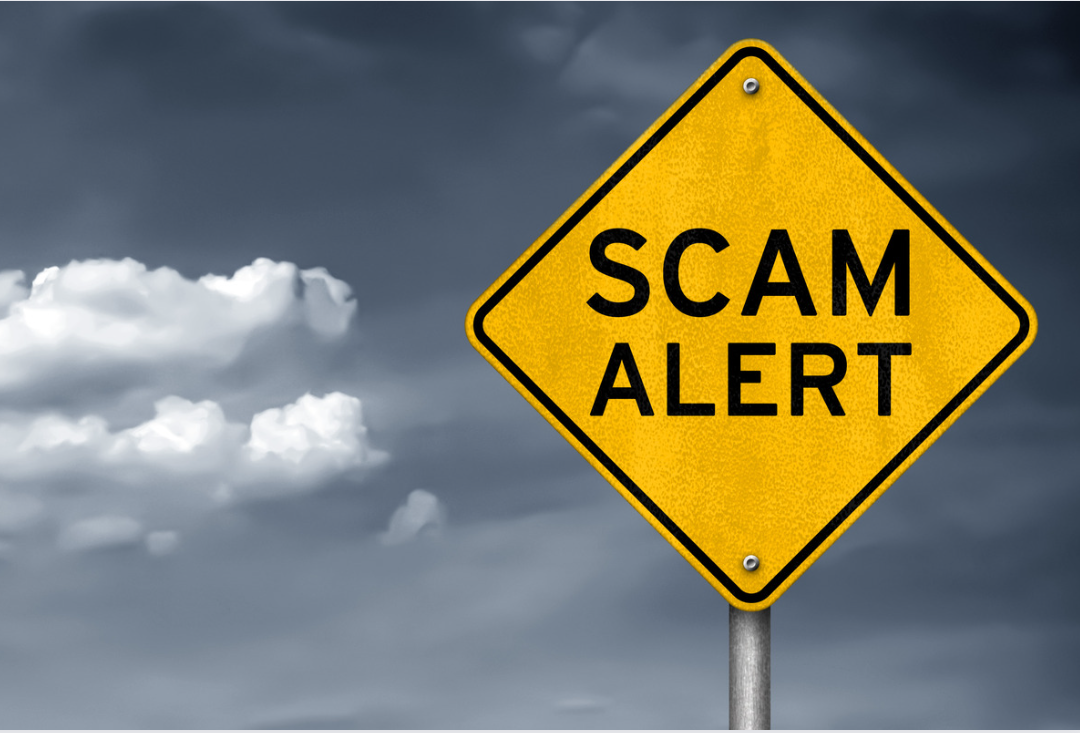How to Avoid Scammers and Fraud When Selling a House for Cash

Selling a house for cash can be an attractive option for many homeowners, particularly those who need to sell their home quickly. Cash sales offer a fast and convenient way to sell a property without the hassle of waiting for a buyer to secure a mortgage or dealing with the long and complicated process of a traditional sale.
However, cash sales also come with a higher risk of scams and fraud, particularly when dealing with unsolicited offers or buyers who are not licensed or regulated. In this article, we will outline the key steps that homeowners can take to avoid scammers and fraud when selling a house for cash.
Do Your Research Beforehand
The first step in avoiding scams and fraud when selling a house for cash is to do your research beforehand. This means taking the time to research different cash home buying companies, their track records, and their customer reviews. You should also take the time to understand the process of selling a house for cash, so that you know what to expect and what to look out for. Additionally, you should educate yourself on common scams and frauds that are associated with selling a house for cash.
Know Your Buyer
The first step in avoiding scammers and fraud when selling a house for cash is to know your buyer. Before you accept an offer from a cash buyer, it is important to verify their identity and their credentials. This can be done by:
- Asking for a government-issued ID
- Checking for a business license and proof of insurance
- Checking their references and reviews from past clients
- Contacting the Better Business Bureau to check for any complaints or red flags
It is also important to verify the buyer’s financial standing to ensure that they have the means to pay for the property in full. This can be done by requesting proof of funds, such as a bank statement, or by working with a real estate agent who can verify the buyer’s financial stability.
Avoid Unsolicited Offers
Another common tactic used by scammers is to make unsolicited offers, often through email or phone calls. These offers may seem too good to be true, and often are. Homeowners should never accept an offer from an unsolicited buyer without first verifying their credentials and financial standing.
If you receive an unsolicited offer, do not provide any personal or financial information, and do not agree to any terms without first consulting a real estate agent or attorney.
Get your fair cash offer in 30 seconds
We make 200+ offers every day nationwide in every US city
Work with a Real Estate Agent or Attorney
Working with a real estate agent or attorney can help protect homeowners from scams and fraud when selling a house for cash. A real estate agent can assist with verifying the buyer’s credentials, negotiating the terms of the sale, and ensuring that the contract and closing process are handled legally and ethically.
An attorney can assist with reviewing the contract and ensuring that it protects the homeowner’s interests. They can also advise on the legal implications of a cash sale and ensure that the transaction complies with all applicable laws and regulations.
Get Everything in Writing
It is important to get all agreements and terms in writing when selling a house for cash. This includes the sale price, closing date, and any contingencies or conditions of the sale. Having a written agreement in place can help protect the homeowner’s interests and provide a clear record of the terms of the sale.
In addition, it is important to have the agreement reviewed by a real estate agent or attorney to ensure that it is legally binding and protects the homeowner’s interests.
Verify the Closing Process
The closing process is the final step in selling a house for cash. It is important to verify that the closing process is handled legally and ethically, and that all necessary documentation is in place.
This includes verifying that the closing costs, title transfer, and any other necessary steps are handled correctly. A real estate agent or attorney can assist with verifying the closing process and ensuring that it complies with all applicable laws and regulations.
Conclusion
In conclusion, selling a house for cash can be a fast and efficient way to sell your property, but it can also be a breeding ground for scammers and fraudsters. To protect yourself from these individuals and ensure a successful sale, it’s important to understand the red flags and common scams associated with cash home sales. By following the tips outlined in this article, such as researching potential buyers, verifying their credentials, and having a clear understanding of the terms and conditions of the sale, you can minimize your risk and maximize the likelihood of a successful transaction.